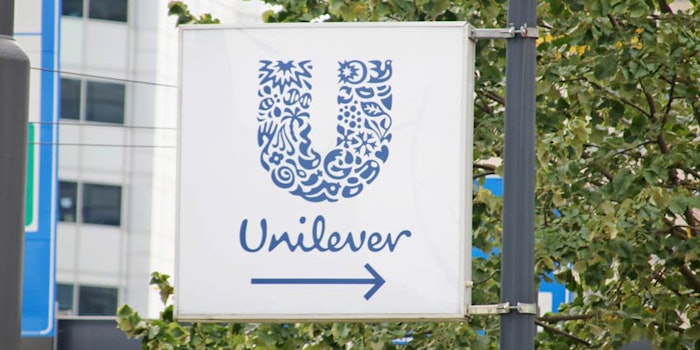
Unilever has reported Q3 underlying sales growth of 2.5%, with turnover totaling €13.5 billion, a 4% year-over-year gain. For the first nine months of the year, underlying sales growth rose 4.4%, with turnover totaling €39.3 billion, representing a 1.7% year-over-year gain. Unilever is forecasting full-year underlying sales growth of 3–5%.
Report: L'Oreal Q3 Results
Inflation remains front-of-mind as the company looks ahead. CEO Alan Jope noted, “Cost inflation remains at strongly elevated levels, and this will continue into next year. We have and will continue to respond across our categories and markets, taking appropriate pricing action and implementing a range of productivity measures to offset increased costs. We continue to expect that we will deliver in line with our margin guidance of around flat for the full year.”
Overall e-commerce grew 38% for Q3 and now represents 12% of company sales.
The beauty breakdown:
- Prestige beauty grew in the double digits amid store reopenings, the completion of the acquisition of Paula’s Choice and the launch of Hourglass' customizable, refillable Curator eyeshadow palettes. The sector contributed to growth in the U.S. market in particular.
- The beauty and personal care sector scored underlying sales growth of 2.6%. Volume decreased 1.3%, while prices rose 3.9%. Unilever increased pricing in response to commodity inflation across categories and regions.
- Skin care grew in the high single digits, with double digit growth from the Vaseline brand. Deodorants grew in the mid-single digits.
- Skin cleansing sales dropped compared to 2020's unusually strong performance, while pricing increased. Results for the sector were 15% higher than 2019 results, the company noted.
- Dove Hair Therapy performed well in the North American market, per Unilever.
- Oral care declined due to challenges in the Southeast Asia market.
- Price led growth across deodorant, hair and oral care, per Unilever.










